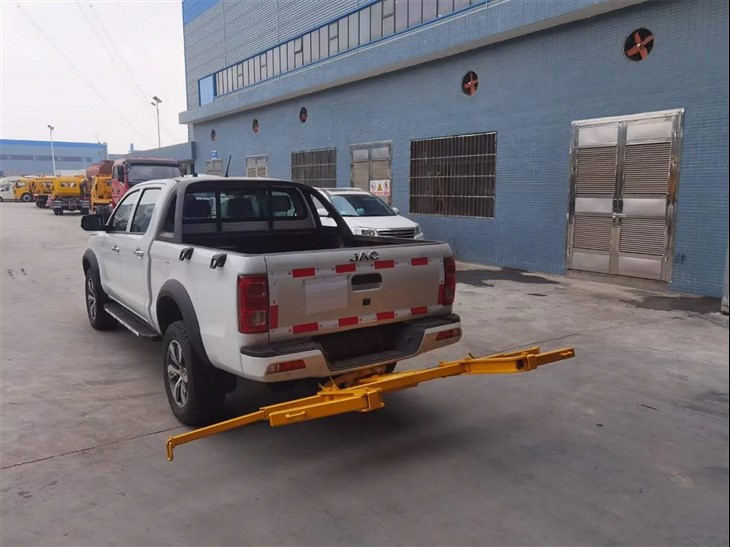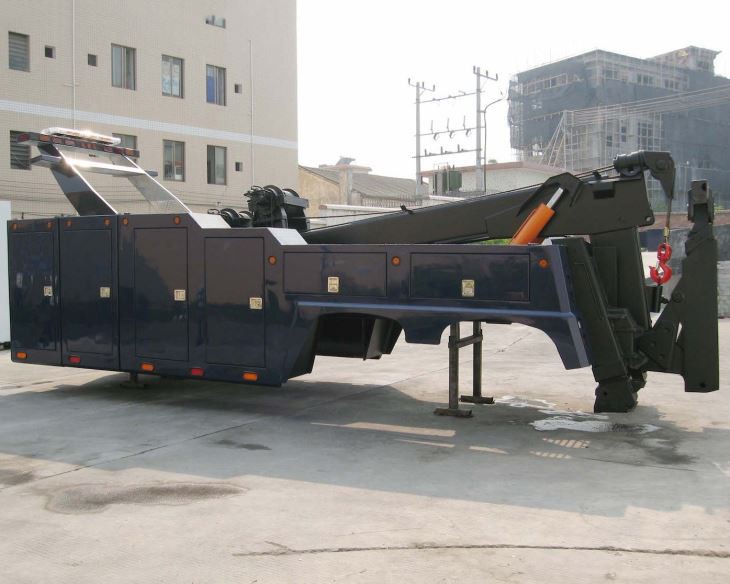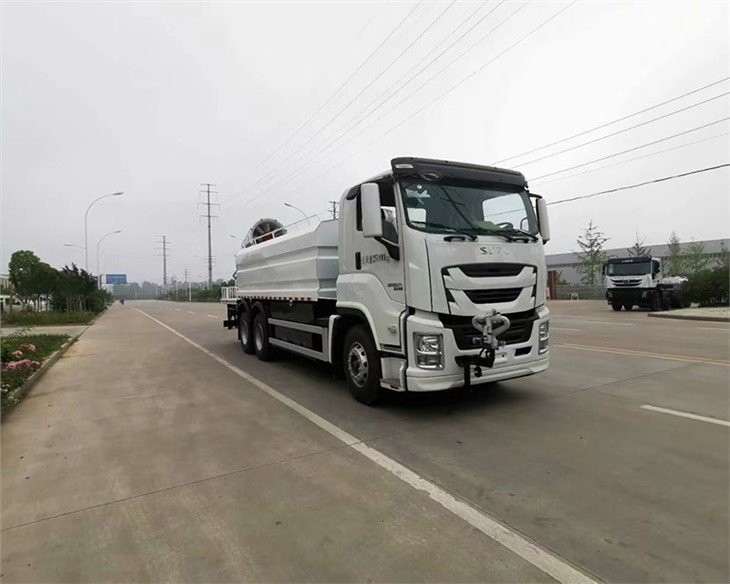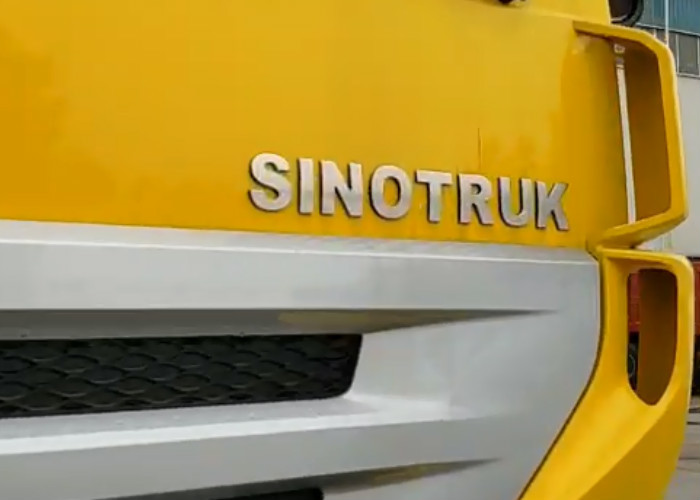Small electric pickups are rapidly becoming a significant player in the automotive landscape. As consumers and businesses alike seek sustainable options, these vehicles are positioned to meet diverse needs without sacrificing performance or utility. This article delves into the world of small electric pickups, outlining their benefits, features, and the evolving market trends driving their popularity.
Understanding Small Electric Pickups
Small electric pickups combine the functionality of traditional pickup trucks with the ecological advantages of electric vehicles (EVs). They offer a compact design, making them suitable for urban environments, while retaining the necessary power to handle various tasks. Here’s a look at some distinguishing features:
What Defines a Small Electric Pickup?
- Size: Typically, small electric pickups are classified as compact or mid-size, falling below the standard full-size truck metrics.
- Electric Powertrain: They utilize battery electric technology rather than relying on internal combustion engines.
- Utility: Despite their size, they maintain a significant payload capacity and towing capability.
The Benefits of Small Electric Pickups
Small electric pickups offer several advantages over their larger, gas-powered counterparts:
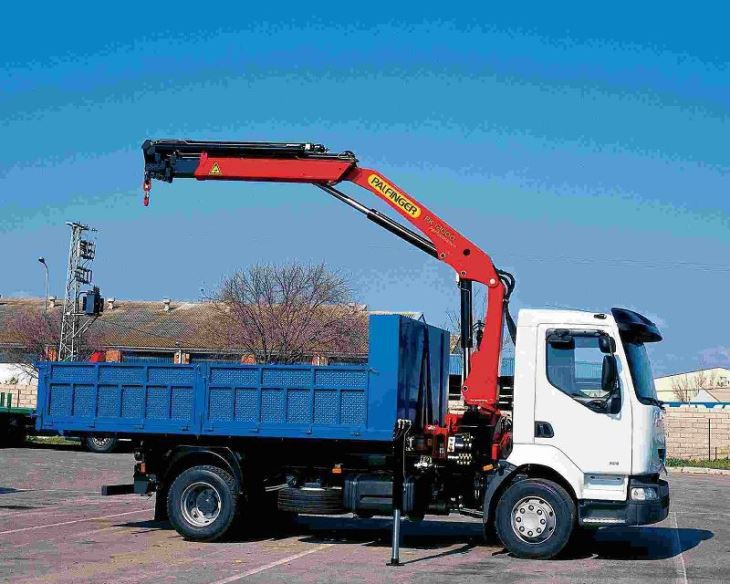
- Environmental Impact: Reduced emissions contribute to cleaner air and lower carbon footprints.
- Fuel Savings: Electricity is generally cheaper than gasoline, resulting in lower operational costs.
- Maintenance: Electric vehicles have fewer moving parts, leading to lower maintenance and repair costs.
The Growing Market for Small Electric Pickups
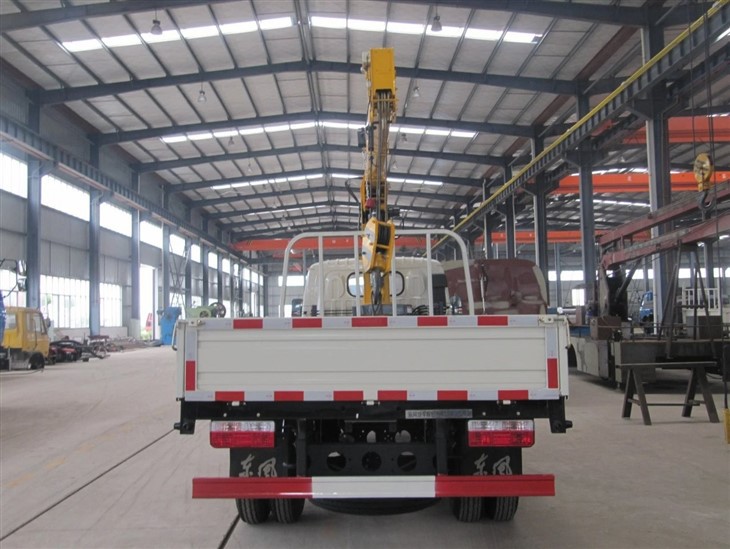
As demand for electric vehicles surges, small electric pickups are gaining traction across various demographics, including urban workers, outdoor enthusiasts, and businesses seeking cost-effective transport solutions.
Market Trends Driving Adoption
| Trend | Description | Impact on Small Electric Pickups |
|---|---|---|
| Government Incentives | Tax breaks and subsidies for electric vehicle purchases. | Encourages consumers to consider electric pickups. |
| Rising Environmental Concerns | Growing consumer preference for sustainable products. | Increases demand for electric pickups as eco-friendly options. |
| Technological Advancements | Improvements in battery technology and EV infrastructure. | Enhances the practicality of small electric pickups for everyday use. |
Top Small Electric Pickups in 2023
This section highlights some of the leading models available on the market today.
1. Ford F-150 Lightning
The F-150 Lightning is the electric version of the best-selling F-Series. It offers impressive towing capacity and a spacious interior.
Key Features
- Range: Up to 300 miles on a full charge.
- Towing Capacity: Up to 10,000 pounds.
- Payload Capacity: 2,000 pounds.

2. Rivian R1T
Rivian R1T focuses on adventure-seeking audiences, boasting rugged capabilities and a stylish design.
Key Features
- Range: Up to 400 miles.
- Wading Depth: Water-resistant up to 3 feet.
- Storage: Unique gear tunnel for extra cargo space.
3. Chevrolet Silverado EV
The Silverado EV aims to merge Chevrolet’s iconic truck legacy with modern electric technology, promising a powerful performance.
Key Features
- Range: Estimated 400 miles.
- Towing Capacity: Capable of hauling 10,000 pounds.
- Innovative Technology: Features advanced driver-assist systems.
Practical Tips for Owning a Small Electric Pickup
Maximize Efficiency
To get the most out of your small electric pickup, consider these tips:
- Regular Charging: Aim to charge your vehicle regularly to optimize battery life.
- Use Regenerative Braking: This system helps recover energy during braking, extending your driving range.
- Keep Tires Properly Inflated: Inflated tires improve efficiency and extend range.
Utilize Charging Infrastructure
Leverage available charging networks and installations to ensure you can recharge your small electric pickup conveniently:
- Home Charging Solutions: Invest in a Level 2 charger for faster at-home charging.
- Public Charging Stations: Use apps or websites to locate nearby charging stations.
Challenges Facing Small Electric Pickups
Infrastructure Development
While the EV infrastructure is expanding, some regions still struggle with adequate charging stations, impacting long-distance travel.
Battery Technology Limitations
The range and charging times of current battery technologies pose challenges for widespread adoption and convenience.
Cost Considerations
The upfront cost of electric vehicles can still be higher than traditional trucks, which may deter some consumers despite lower long-term operating costs.
Comparing Small Electric Pickups to Traditional Trucks
Performance and Utility
| Aspect | Small Electric Pickup | Traditional Pickup |
|---|---|---|
| Towing Capacity | Varying (up to 10,000 lbs) | High (typically 5,000-15,000 lbs) |
| Fuel Efficiency | Electric (kWh/100 miles) | Gas (mpg) |
| Maintenance | Lower maintenance costs | Regular engine servicing required |
Environmental Impact
- Small Electric Pickups: Zero tailpipe emissions and potential for renewable energy usage.
- Traditional Pickups: High emissions and reliance on fossil fuels.
Future of Small Electric Pickups
The future looks promising for small electric pickups as manufacturers continue innovating and improving technologies. As battery technology advances, charging infrastructure expands, and government incentives remain favorable, the growth trajectory for these vehicles appears upward.
FAQs About Small Electric Pickups
1. How long does it take to charge a small electric pickup?
Charging times can vary based on the charger used. A Level 2 home charger may take 8-12 hours for a full charge, while public fast chargers can provide an 80% charge in approximately 30-45 minutes.
2. Are small electric pickups suitable for towing?
Yes, many small electric pickups are designed for towing and can handle substantial loads, often comparable to traditional pickups.
3. What is the typical range of small electric pickups?
The range can vary significantly but generally falls between 200 to 400 miles on a full charge, depending on the model and battery size.
4. Do small electric pickups require special maintenance?
They require less maintenance than traditional vehicles due to fewer moving parts, but regular inspections and software updates are recommended.
5. How do small electric pickups compare in price to traditional trucks?
While small electric pickups may have a higher initial purchase price, they often result in lower fuel and maintenance costs over time.
6. Can small electric pickups work well in urban environments?
Yes, their compact size makes them highly maneuverable in city settings. Additionally, electric vehicles tend to have lower noise levels, contributing to quieter urban environments.
